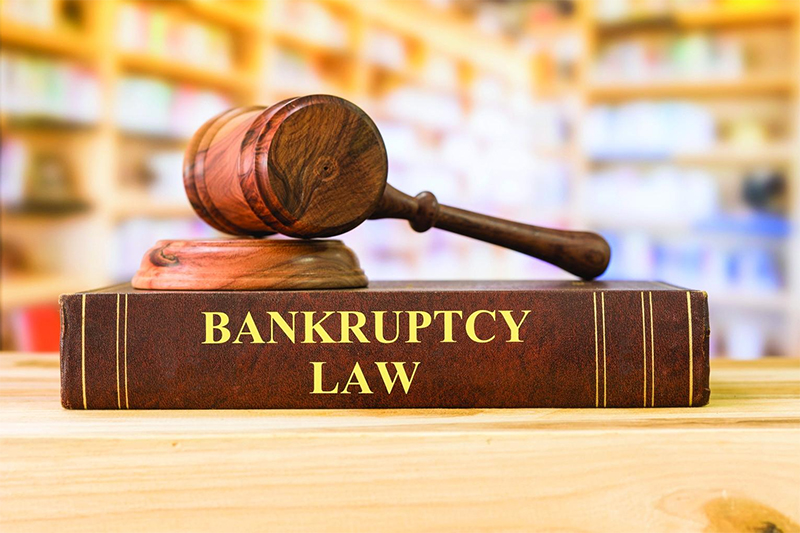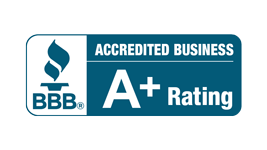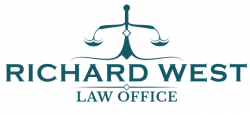Every day, individuals and families are bombarded with relentless phone calls, threatening letters, and aggressive tactics from creditors, adding to their already overwhelming stress and anxiety.
This pressure often leads to feelings of helplessness and hopelessness. If this is you, this article is meant to help you navigate your financial challenges.
How Bankruptcy Can Help Stop Creditors in Columbus, Ohio
Filing for bankruptcy in Columbus, Ohio can provide individuals with immediate relief from creditors through the legal protection of the automatic stay. This provision halts all collection activities, including wage garnishments and creditor harassment, giving debtors a temporary break from the relentless pursuit of creditors. The automatic stay also stops foreclosure proceedings, repossessions, and lawsuits, providing a breathing space for individuals burdened with debt.
The benefits of the automatic stay are numerous, as it gives debtors the opportunity to reorganize their finances without the constant pressure of creditor actions. This legal protection provides individuals with the opportunity to work with their bankruptcy attorney to create a plan for managing their debt and potentially achieving a fresh financial start.
This automatic stay in bankruptcy provides individuals in Columbus, Ohio with a critical tool to stop creditors and their collection activities, allowing them the time and space to address their financial challenges.

Steps to Stop Creditors in Columbus
When dealing with creditors in Columbus, Ohio, there are some steps you can take to put an end to creditor harassment:
- Contact an Attorney: Consider consulting a qualified attorney to help you navigate the legal process and protect your rights.
- Contact the Creditor: Reach out to the creditor directly and request that they cease all communication. If possible, negotiate a repayment plan that you can afford or request that they write off the debt.
- File for Bankruptcy: If you are unable to negotiate with creditors, filing for bankruptcy may be an option. Bankruptcy can discharge most of your debt, but it may come with long-term financial consequences.
By taking these steps, you can find relief from creditor harassment.
Bankruptcy Laws in Ohio
Bankruptcy laws provide individuals with two main options for filing for bankruptcy: Chapter 7 and Chapter 13.
To be eligible for Chapter 7, individuals must pass a means test to show that their income is below a certain threshold. This test compares the individual’s income to the median income in their state to determine eligibility.
In Chapter 7 bankruptcy, most types of debts can be discharged, including credit card debt, medical bills, and personal loans. Certain debts, such as student loans, child support, and certain tax obligations, are not dischargeable in bankruptcy.
For Chapter 13, individuals must have a regular source of income to create a plan to repay all or part of their debts. The automatic stay provision is an important component of federal bankruptcy laws. It immediately stops pending lawsuits, collection efforts, and creditor actions upon filing for bankruptcy.

Fair Debt Collection Practices Act
The Fair Debt Collection Practices Act (FDCPA) is a federal law aimed at protecting consumers from abusive debt collection practices.
In light of Ohio’s Consumer Sales Practices Act (CSPA), consumers have rights when dealing with debt collection agencies.
The FDCPA restricts collection agencies from engaging in harassment, using deceptive practices, or making false statements when attempting to collect a debt. Consumers have the right to dispute the debt and request validation of the amount owed. [1]
If a debt collection agency violates the FDCPA, consumers may be entitled to damages and the collection agency may face legal consequences.
The FDCPA sets clear guidelines to ensure that debt collection practices are fair and respectful. It provides consumers with the ability to challenge the validity of a debt and protects them from abusive tactics.
By understanding and exercising their rights under the FDCPA, consumers can defend themselves against unfair debt collection practices and the potential consequences of debt collection lawsuits. This law serves as a vital tool in ensuring that consumers are treated fairly and with respect in the debt collection process.
If you are struggling with creditors, contact Richard West’s law office today to discuss debt relief options and bankruptcy in Columbus, Ohio.
Source:
[1] What laws limit what debt collectors can say or do? | Consumer Financial Protection Bureau. (2023, April 14). Consumer Financial Protection Bureau. https://www.consumerfinance.gov/ask-cfpb/what-laws-limit-what-debt-collectors-can-say-or-do-en-329




